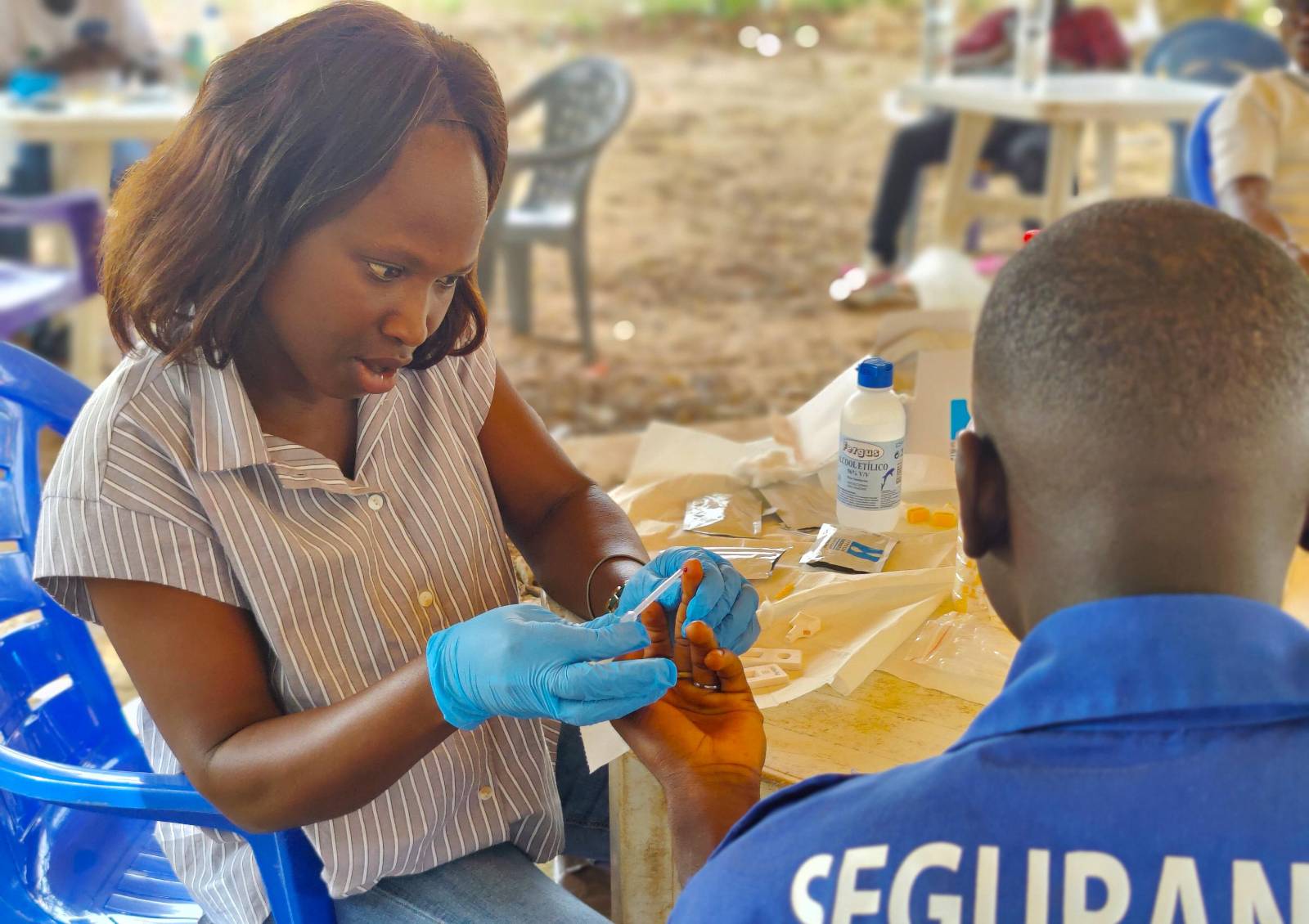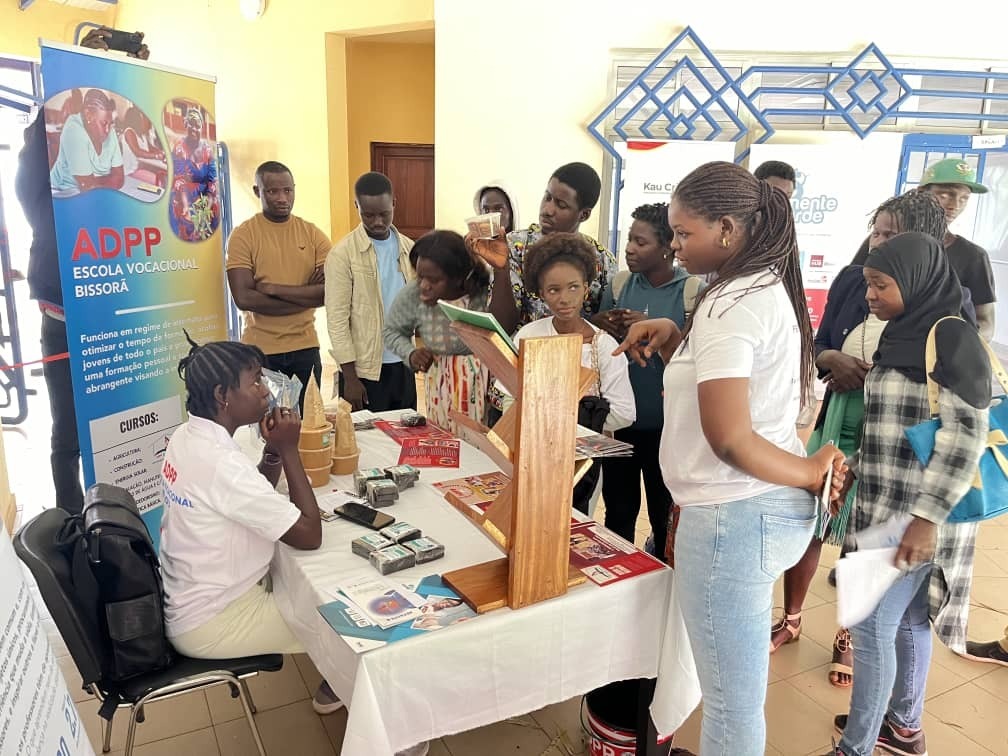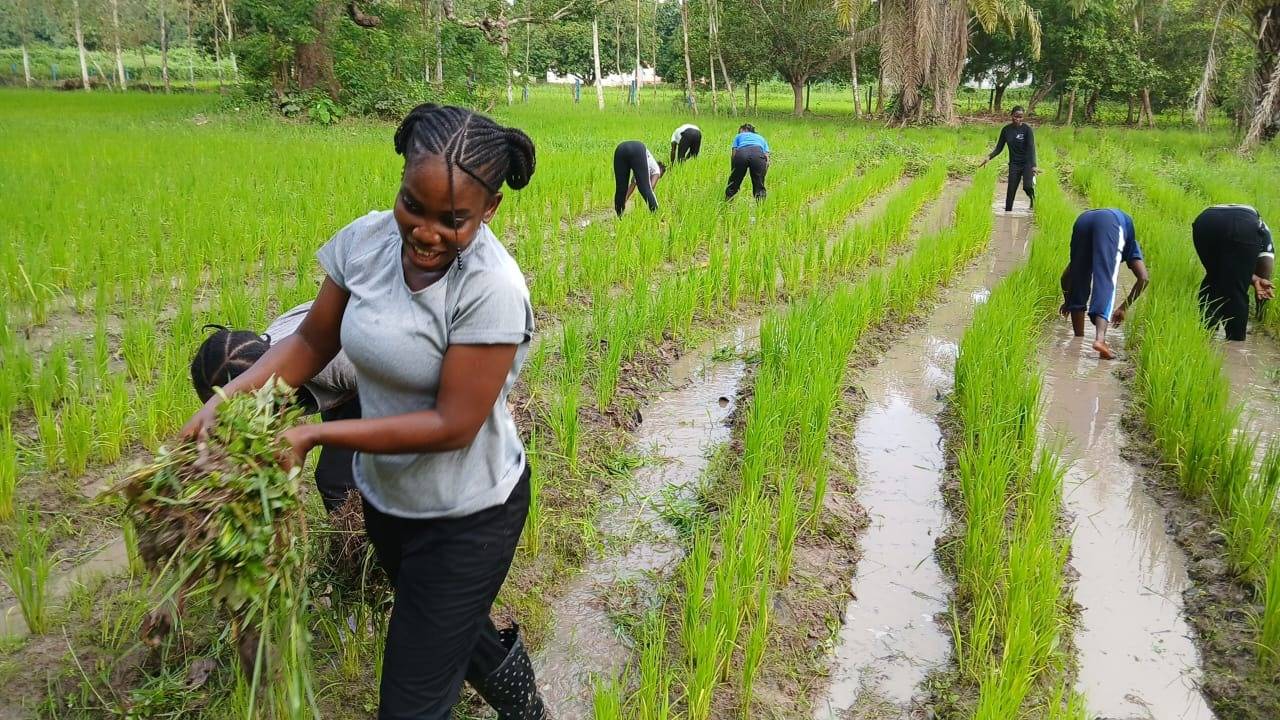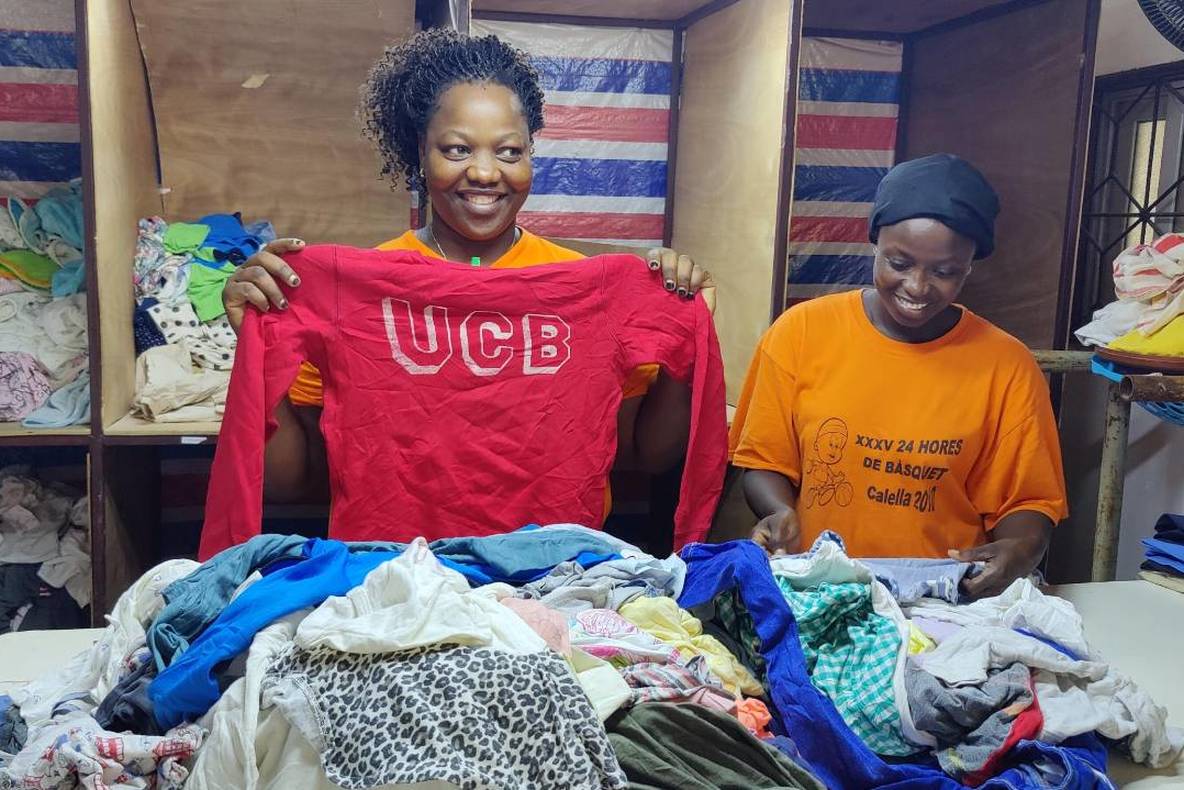By 2030, it is intended to end the epidemics of HIV, tuberculosis, malaria and tropical diseases, and fight against hepatitis, water-borne diseases and other transmitted diseases.
The solutions depend on the greater dissemination of information on preventing, treating or stopping its spread. There is a need for good allocation of resources and the improvement of the general living conditions of citizens.

The country's health challenges stem from a series of intertwined factors that reinforce the cycle of human poverty. These include an unstable social situation, with one of the lowest scores on the human development index.
The HIV prevalence rate in the country is around 3,8% for the population between 15 and 49 years. HIV 1 and 2 are the most identified in the country.
Furthermore, regarding Sexual Reproductive Health, Female Genital Mutilation of women between the ages of 15-49 who had some form of Female Genital Mutilation is 52,1%. On top of this, 9.000 women die for every 100.000 births.
Since 2009, ADPP-GB has worked with HIV programs and several other Disease Prevention programs such as Sexual Reproductive Health, Female Genital Mutilation, Obstetric Fistula, Zika, Ebola, Covid, and Malaria.
Clean water & sanitation campaigns, as well as vaccination campaigns, have been part of the work.
ADPP-GB is working in the whole country together with the Ministry of Health and NGOs, with the goal of “ensuring healthy lives and promoting well-being for all ages”. Furthermore, ADPP-GB is working with Plan International in 5 regions, focusing on Sexual Reproductive health.
To change the health situation in Guinea Bissau, a strong People-to-people participation is needed as strong health is central to human happiness, well-being, and economic development. Therefore, community knowledge, awareness and capability are in the first lines of defence.
92.084
People reached
Supported by
European Union, DHAPP (Department of HIV Prevention Program), Ministry of Public Health (HIV & TB program Global Fund), Expertise France, Plan International, UNAIDS, Camões,I.P., Coalition Plus, GAT, and Humana People to People partners.





